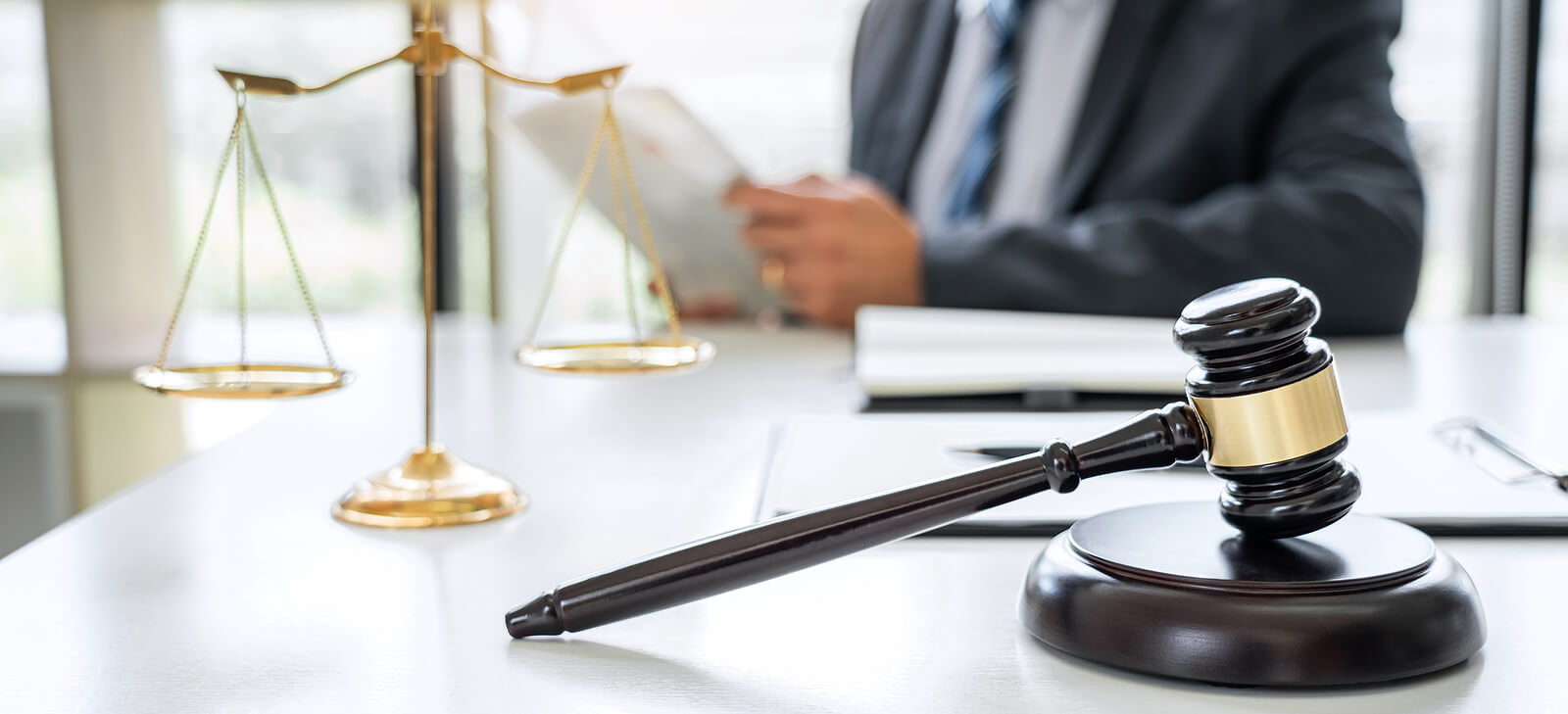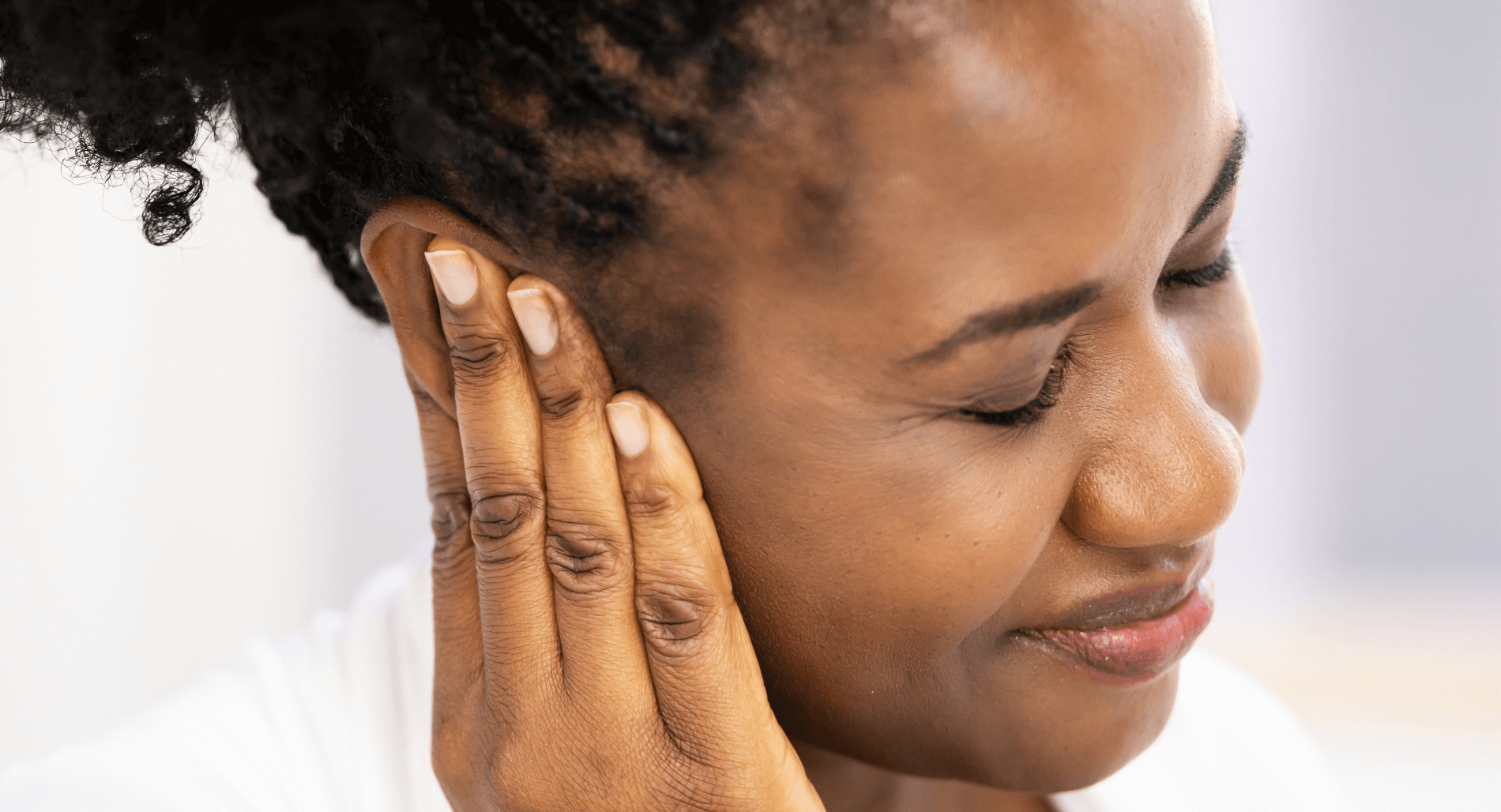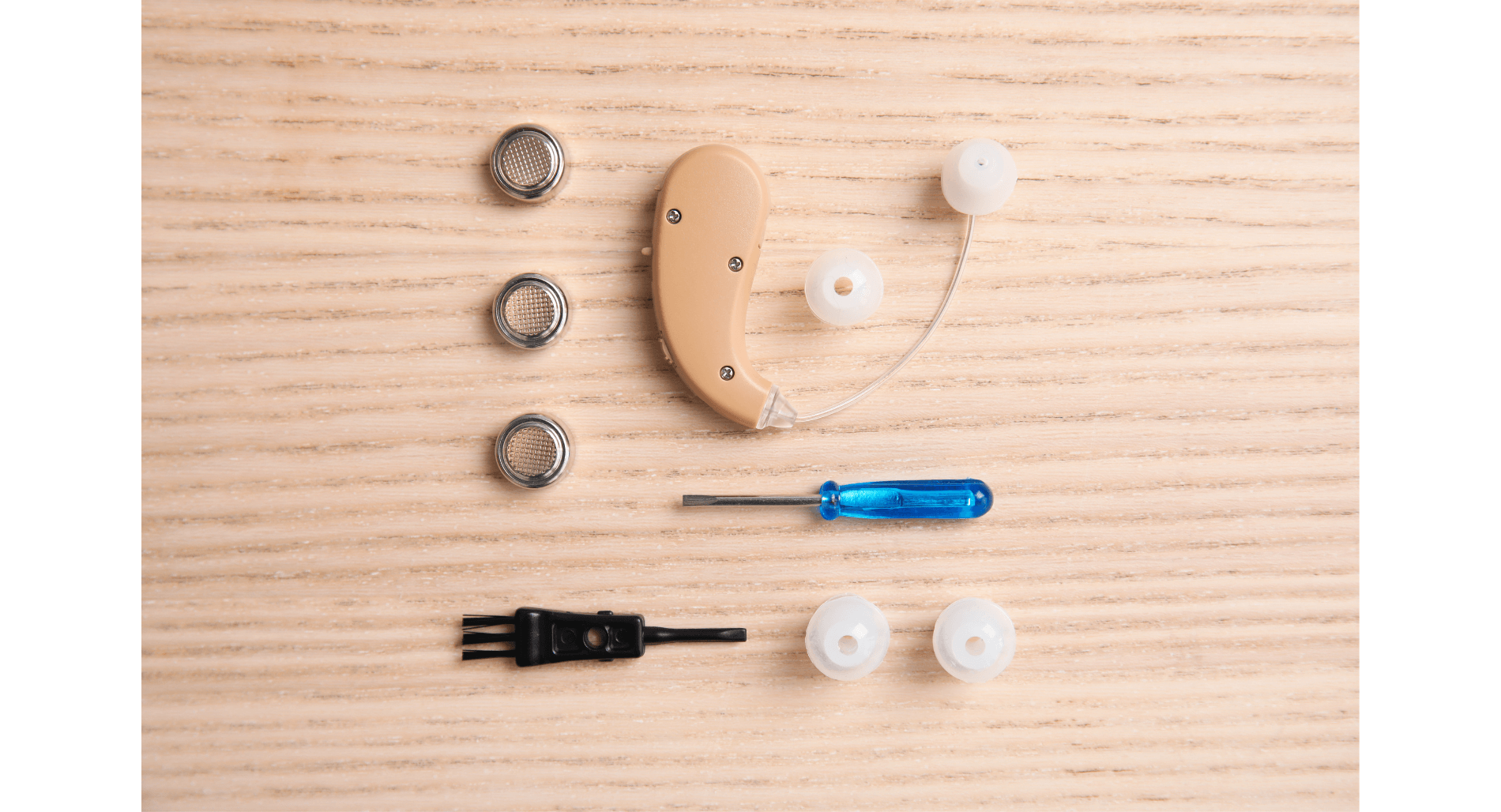
Facing jury duty can be a daunting prospect for anyone, but for individuals with hearing loss, the experience can present unique challenges. However, with proper preparation and understanding, you can successfully navigate your jury duty obligations while managing your hearing needs. Let’s explore how to handle jury duty with hearing loss!
Understanding Your Rights and Responsibilities
As a person with hearing loss, it’s essential to know your rights and responsibilities when summoned for jury duty. Under the Americans with Disabilities Act (ADA), individuals with disabilities, including hearing loss, are entitled to reasonable accommodations to ensure equal access to jury service. This may include access to assistive listening devices, sign language interpreters, or written transcripts during court proceedings. Familiarize yourself with your rights under the ADA and communicate any accommodation needs to the court in advance.
Requesting Accommodations
When you receive your jury duty summons, promptly inform the court of your hearing loss and any specific accommodations you require. Most courts have procedures in place for requesting accommodations, such as completing a form or contacting the jury services department directly. Be prepared to provide documentation of your hearing loss, such as a letter from your health professional or medical provider, to support your request for accommodations. By advocating for your needs early on, you can ensure that appropriate accommodations are in place for your jury service.
Preparing for Jury Selection
During the jury selection process, communication is key. If you use hearing aids or assistive listening devices, make sure they are fully charged and functioning properly before arriving at the courthouse. Sit in a location where you can best hear and see the proceedings, such as near the front of the courtroom or within range of any assistive listening systems. If necessary, request preferential seating to accommodate your hearing needs. Stay attentive and alert during jury selection, and don’t hesitate to ask for clarification if you have difficulty hearing or understanding instructions.
Communicating with Court Personnel
Throughout your jury duty experience, don’t hesitate to communicate openly with court personnel about your hearing needs. If you’re having trouble hearing or understanding what’s being said, politely ask for repetition or clarification. Court personnel are generally understanding and willing to accommodate individuals with hearing loss to ensure fair and effective participation in the legal process. By advocating for yourself and maintaining open communication, you can navigate jury duty with confidence and ease.
Using Assistive Listening Devices
Many courthouses are equipped with assistive listening devices to aid individuals with hearing loss during court proceedings. These devices may include hearing loops, infrared systems, or FM systems that amplify sound directly to your hearing aids or headphones. Familiarize yourself with the available assistive listening options in the courtroom and don’t hesitate to request their use if needed. Testing the devices before proceedings begin can help ensure they are set up correctly and functioning optimally for your hearing needs.
Seeking Support from Fellow Jurors
Lastly, don’t hesitate to seek support from your fellow jurors if you’re struggling to hear or understand what’s being said. Inform them of your hearing loss and any specific accommodations you may require, such as speaking clearly or facing you directly when speaking. Most people are understanding and willing to assist others, especially when it comes to ensuring a fair and inclusive jury process. By working together as a team, you can overcome any challenges related to your hearing loss and fulfill your civic duty with confidence.
Handling jury duty with hearing loss requires preparation, communication, and advocacy. By understanding your rights, requesting accommodations, and utilizing available resources, you can successfully navigate the jury duty process while managing your hearing needs effectively.

A Comprehensive Look at Conductive Hearing Loss
Matthew Favinger, M.S., F-AAA

Why Your Ears Hurt
Matthew Favinger, M.S., F-AAA

